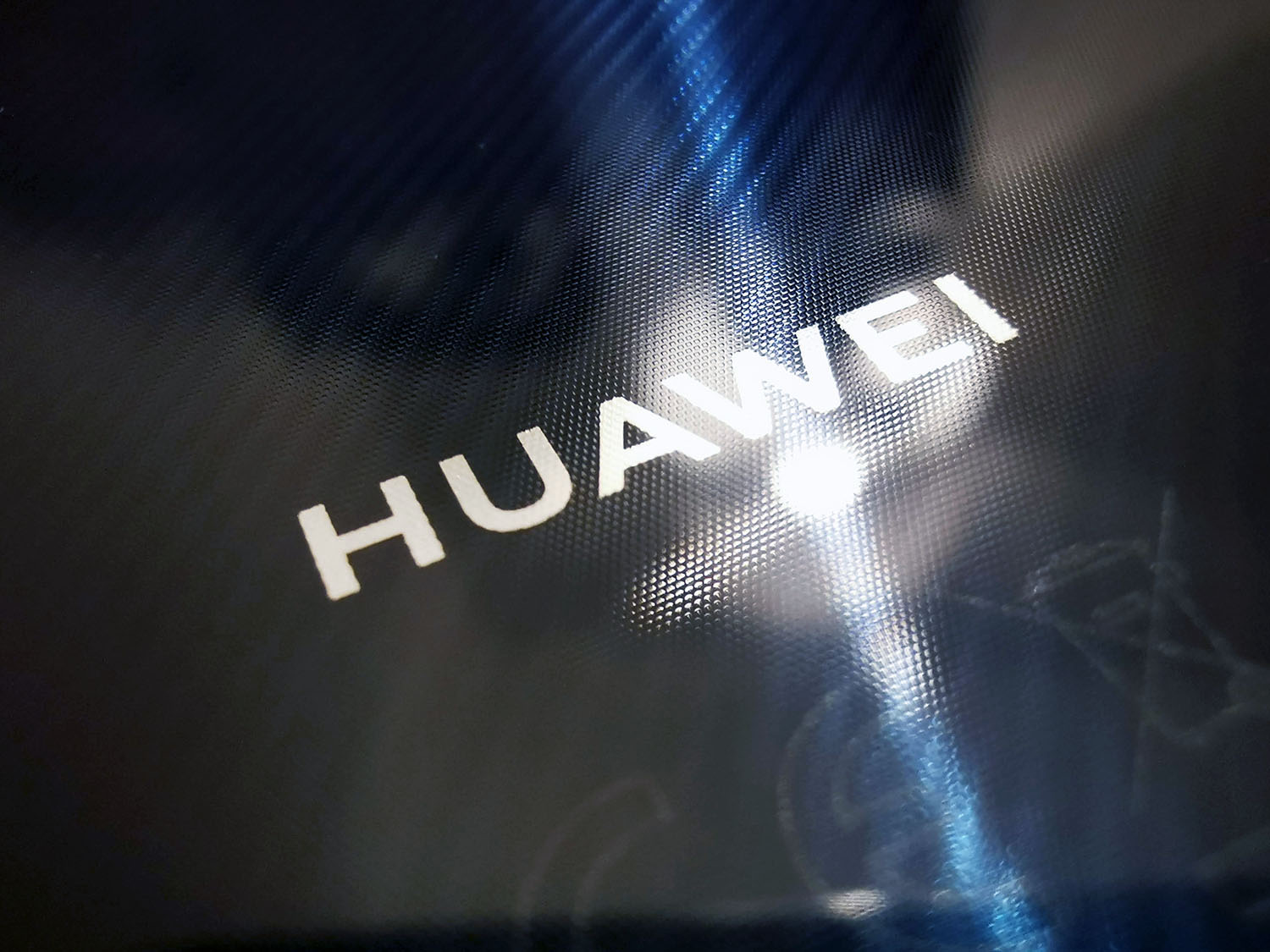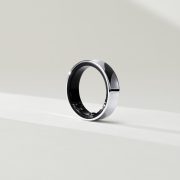It’s no secret that the US government has something against Huawei. It has even gone as far as to push companies like AT&T to sever ties with Huawei last year, despite an agreement that the carrier would sell the Mate 10 Pro in its stores. And for all we know, this interference could get worse.
Huawei relies on Android, as all of its smartphones run on our favorite operating system. And in a new interview with Welt, Huawei CEO Richard Yu has stated that in case the company loses access to the operating system, it has a plan B.
This plan B is an already prepared proprietary operating system that could be used on future smartphones if the need arises. However, Yu points out that Huawei would prefer to stick with Android and not change operating systems.
This should come as no surprise, as the company has to be prepared for anything. And with the Huawei Watch GT, Huawei has already made the switch from Google’s Wear OS to a proprietary operating system (though there is a good justification for this in a wearable).
Samsung did the same in the past, developing Tizen specifically in case it had to switch away from Android. This was way back in the day and Samsung never fully went through with it, but at the time it seemed wise for the company to be prepared. Plus Huawei would definitely hurt from losing the massive app ecosystem offered by Google.
Richard Yu also touched on the wild $2300 price of the folding Mate X. We expected folding phones to be super expensive at launch, as the components needed for a foldable smartphone are still quite new. Yu spoke about the future of folding phones, and more specifically their price point.
“Over time, we will be able to push it below 1000 euros. For that we need one to two years. Later maybe in the range of 500 euros. That will take longer. Of course it also depends on how well the device is accepted. We can accelerate mass production at any time.”
We hope that Huawei doesn’t drop Android. While the company has been delivering stellar hardware with its most recent phones, Android is what keeps most consumers coming back. We are Android fanboys, after all.
Source: Welt









Comments